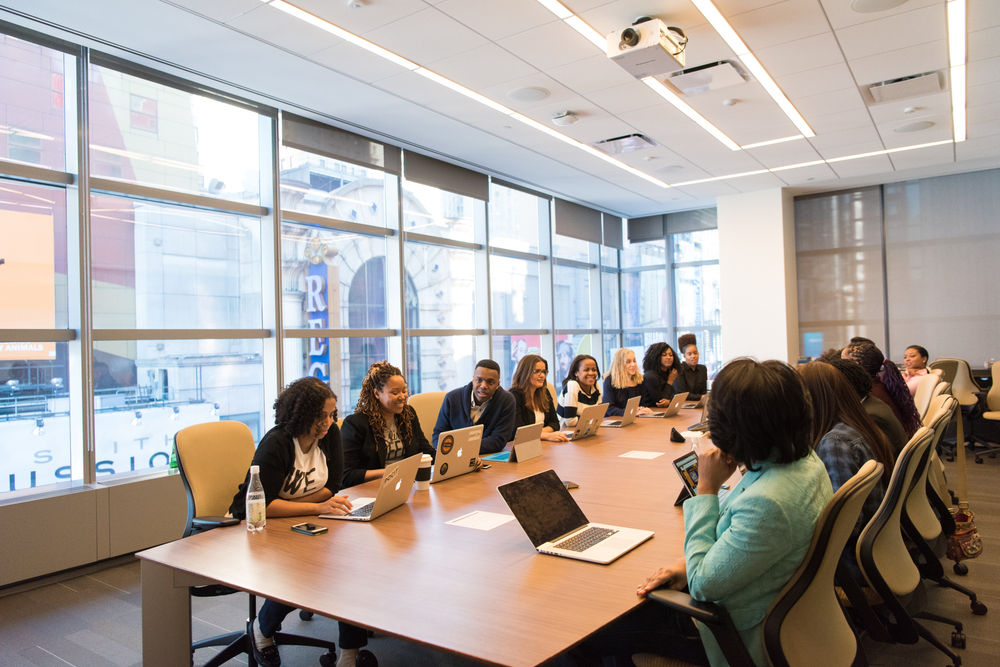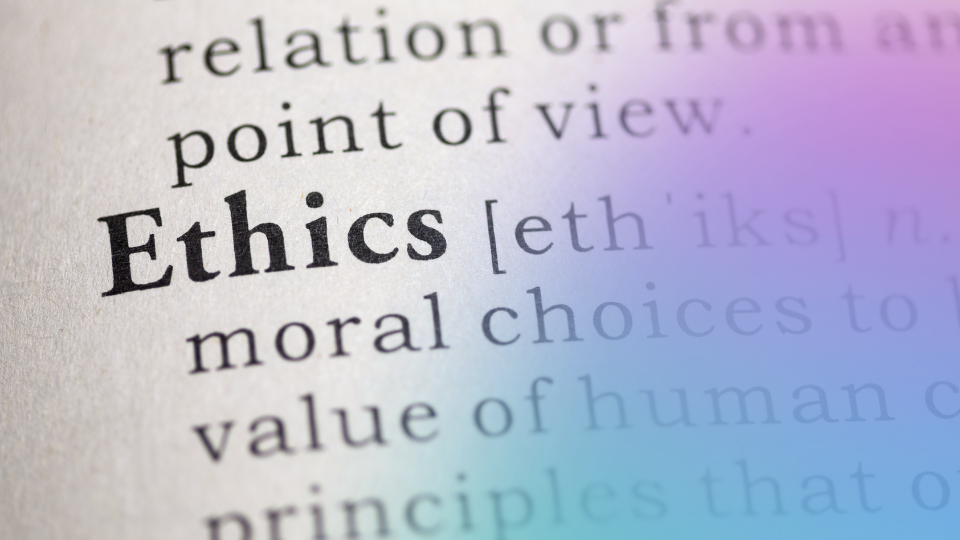In a recent interview with Bloomberg Technology, Snowflake CEO Frank Slootman stated that diversity shouldn’t “override” merit in hiring decisions and argued that considering diversity as a legitimate factor in making decisions is not in a company’s best interest. This argument is one being deployed often in recent years by those within the status quo as conversations around diversity and inclusion become more mainstream, but does it have any merit of its own?
At the root of this perspective is the premise of either/or: either a person has a set of skills that will be valuable to an organization, or they will help to diversify the workforce. By nature, this train of thought is limiting and exclusionary.
What if CEOs instead adopted a both/and mindset, which allows us to consider that both things can be true at once - a person can diversify a team and hold all of the necessary qualifications and skills to do the job?
Not only this, but seeking out someone who will expand the diversity of a team and who holds the same qualifications as someone who will not expand the diversity of a team over the non-diverse candidate can have a worthwhile, long-term impact for the company (1). This is evident when considering the outcomes of a diverse team. It has been found that prioritizing diverse teams - both in terms of inherent and acquired diversity - is key to fostering innovation and can drive market growth (2).
Questioning what is considered valuable in a potential hire is also an important activity to engage in. It is easy to become weighted down by the supposed promise of merit isolated from identity when we disvalue lived experiences. Employers naturally only know what they know, and what they value as important arises from this knowledge. In this spirit, employers are prone to similarity bias - when they unconsciously decide to hire someone simply because they share similar identities and experiences (3).
When we accept that we as people are not omnipotent, especially with regard to our own unconscious biases, we can then entertain the thought that diversifying our community will allow us to tackle problems we may not have known existed, will help us to appeal to a wider audience we are not in touch with ourselves, and will expand our ability to innovate beyond what is familiar to us (2).
When a company devalues differences, they not only limit what they are capable of achieving, but partake in exclusionary structures that perpetuate inequality.
For example, women experiencing gender bias in performance evaluations, the gender pay gap, and being passed over for promotions are well-documented manifestations of unconscious bias that negatively impact a woman’s experience in the workplace (4). Often, experiences like these are cited as reasons why women leave jobs. If a workplace is hostile towards a certain group and they do not value the unique perspectives of that group, they will not be able to retain people from that group. With less women in the room, in this example, it is less likely that women will be hired, leading to not only a growth in homogeneity in the company over time, but a contribution to gender inequality in society at large as women miss out on opportunities at that company which excludes them (5).
At the end of the day, all signs point to diversity as a net good in the workplace. And beyond the data, there is an argument to be made for the basic humanity of valuing people different from ourselves, for making space so that they have the same opportunity to work, contribute, and exist in organizations that they are qualified to be in. Diversity does not detract from merit. Rather, it is a merit in and of itself.
If you are looking for a digital writing assistant for inclusive language, try out Witty for free. Witty detects non-inclusive language and provides ongoing training on unconscious bias and operationalizes inclusion.
Sources:
- https://www.mckinsey.com/featured-insights/diversity-and-inclusion/diversity-wins-how-inclusion-matters# , accessed 07.06.21
- https://hbr.org/2013/12/how-diversity-can-drive-innovation , accessed 07.06.21
- https://www.linkedin.com/pulse/similarity-bias-ebin-john-poovathany , accessed 10.06.21
- https://www.ilo.org/wcmsp5/groups/public/---ed_dialogue/---act_emp/documents/publication/wcms_601276.pdf , accessed 10.06.21
- https://www.forbes.com/sites/paologaudiano/2018/05/07/what-is-the-business-case-for-a-homogeneous-workforce/?sh=6d878a936596 , accessed 07.06.21




